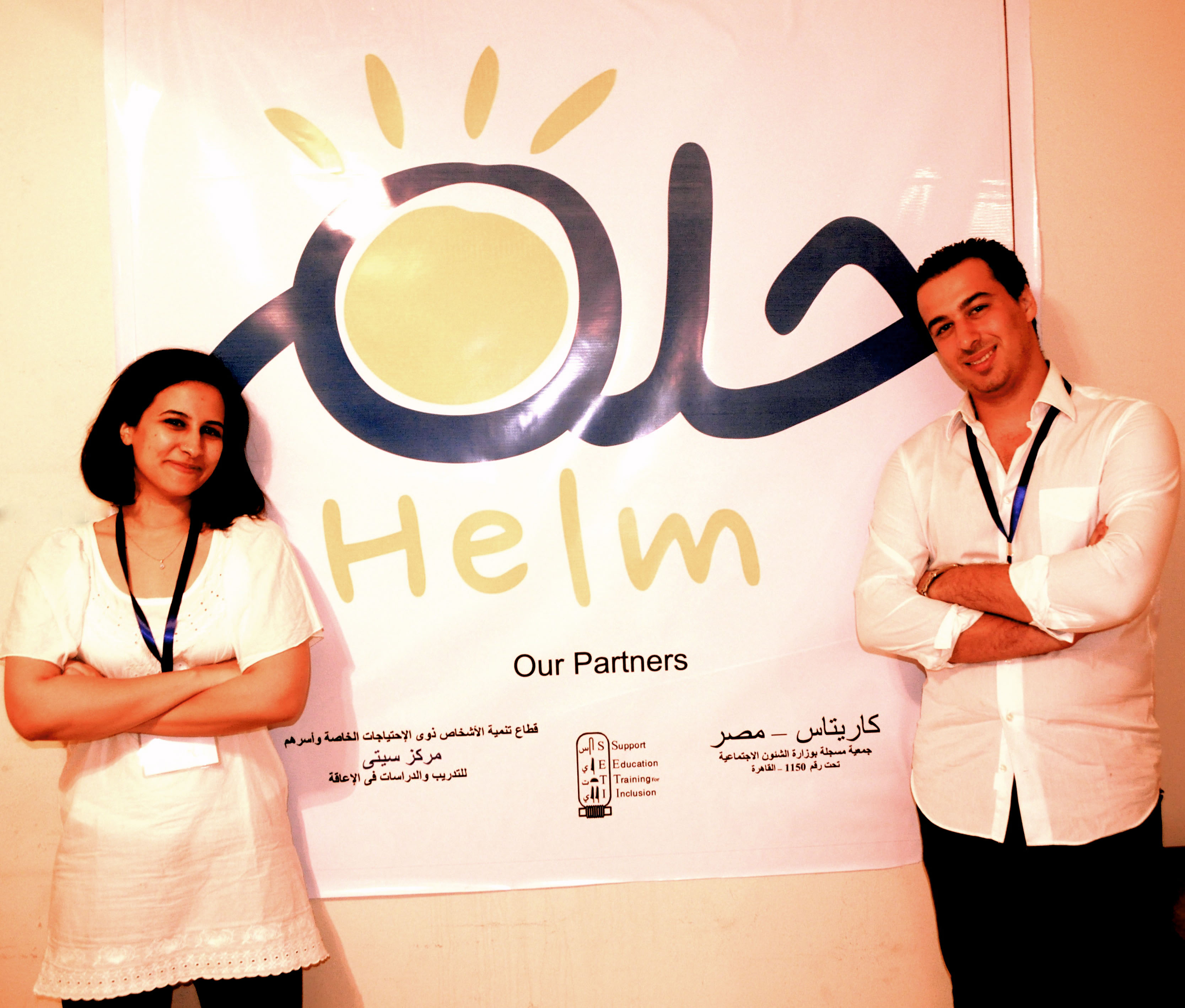Egypt’s Minister of Petroleum and Mineral Resources, Kareem Badawi, visited Doha this week at the official invitation of Qatari Minister of State for Energy Affairs, Saad Sherida Al-Kaabi, to explore avenues for expanding energy cooperation and joint investments between the two nations.
The visit aligns with Egypt’s broader strategy to strengthen energy security, particularly in meeting domestic demand for petroleum products and natural gas during peak consumption periods such as the summer. The Egyptian Ministry is pursuing a dual-track approach: ramping up domestic production through increased exploration and drilling, while leveraging the country’s strategic geographic location to foster regional collaboration and infrastructure optimization.
During high-level meetings in Doha, Badawi and Al-Kaabi discussed accelerating the launch of joint natural gas projects and finalizing long-term supply agreements to support Egypt’s local energy needs. They also examined opportunities to integrate energy infrastructure between the two nations, capitalizing on their combined capabilities in liquefied natural gas (LNG) production, liquefaction, and regasification.
Talks further focused on strengthening collaboration in upstream activities, particularly in Qatari-operated concession areas in Egypt. QatarEnergy—an active participant in Egypt’s Upstream Gateway (EUG)—is already involved in several offshore Mediterranean projects alongside ExxonMobil, including the Nefertari, Cairo, Masry, and North Marakia wells.
Al-Kaabi reaffirmed QatarEnergy’s interest in expanding its footprint in Egypt’s energy sector. This commitment was recently demonstrated through an agreement with EGAS and Chevron, granting QatarEnergy a stake in the North Dabaa offshore concession.
Minister Badawi presented a range of investment opportunities in Egypt’s oil, gas, and petrochemical industries, encouraging Qatari entities to explore value-added ventures. He also proposed expanding the role of Egyptian companies in Qatar’s energy sector, especially firms with expertise in engineering, project execution, operations, and maintenance. Both sides expressed interest in facilitating Egyptian participation in Qatar’s infrastructure, hydrocarbons, and renewable energy projects.
The ministers also reviewed prospects for broader regional cooperation within the framework of the Gas Exporting Countries Forum (GECF), where both Egypt and Qatar are key members. Discussions emphasized the importance of aligning policy positions and leveraging GECF membership to support national and regional energy objectives.
Headquartered in Doha, the GECF represents a powerful bloc in the global gas market, with member states collectively holding about 70% of the world’s proven natural gas reserves.




